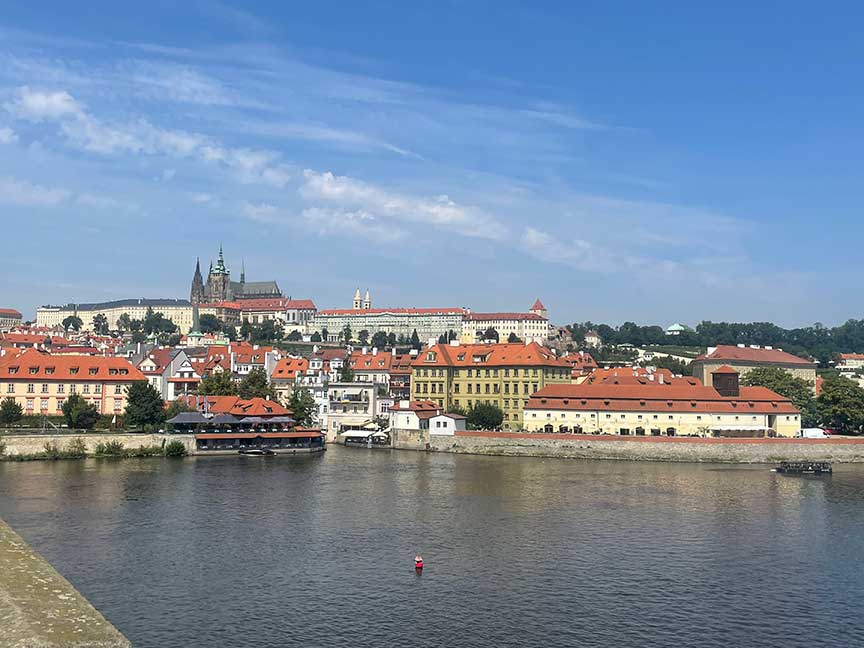1968 Prague Spring

Prague
Alexander Dubcek became First Secretary of the Communist Party in Czechoslovakia. Dubcek instituted a new program-- what he called "Communism with a Human Approach". Dubcek's reforms included freedom of speech and of the press. The period became known as the "Prague Spring". The Spring came to a sudden end when Soviet troops invaded Czechoslovakia on August 20th and arrested Dubcek and his government.
By the 1960s, Czechoslovakia's stagnant economy, lack of political freedoms, and increasing censorship of the media and arts led to widespread discontent among the population.
In response to these issues, a group of reformist-minded individuals within the Communist Party, led by Alexander Dubček, began to push for change. Dubček, who assumed the role of First Secretary of the Communist Party in January 1968, aimed to usher in a new era of "socialism with a human face." His goal was to introduce political and economic reforms that would alleviate the dissatisfaction of the Czechoslovak people while still maintaining the country's socialist identity.
The early months of 1968 saw the implementation of several significant reforms under Dubček's leadership. The most notable of these was the Action Programme, a set of policies that sought to decentralize the economy, increase freedom of speech and the press, and introduce a greater degree of democracy within the Communist Party. These changes were welcomed by the public, who took advantage of the newfound freedoms to voice their opinions and express their creativity.
The Prague Spring reached its peak in May and June 1968 when a series of public demonstrations and protests took place. Dubček's reforms had opened the door for open discussions on various topics that were previously off-limits, such as the role of the Soviet Union in Czechoslovakia and the need for even greater political freedom. The atmosphere of the time was characterized by optimism and hope for a brighter future.
However, the Soviet Union and other Eastern Bloc countries viewed the events of the Prague Spring with growing alarm. Concerned that the reform movement could spread and destabilize the entire socialist system, they decided to intervene militarily. On the night of August 20-21, 1968, approximately 500,000 Warsaw Pact troops invaded Czechoslovakia. The invasion was swift and met with little resistance from the Czechoslovak military, which had been ordered not to engage with the invaders. Dubček and other leaders were arrested and flown to Moscow, where they were forced to sign the Moscow Protocol, effectively putting an end to the Prague Spring. The period of relative freedom and optimism was replaced by a renewed era of strict censorship, repression, and political persecution known as "normalization." Many of the key figures of the Prague Spring, including Dubček, were removed from power and replaced by hardline Stalinist loyalists.
 >
>